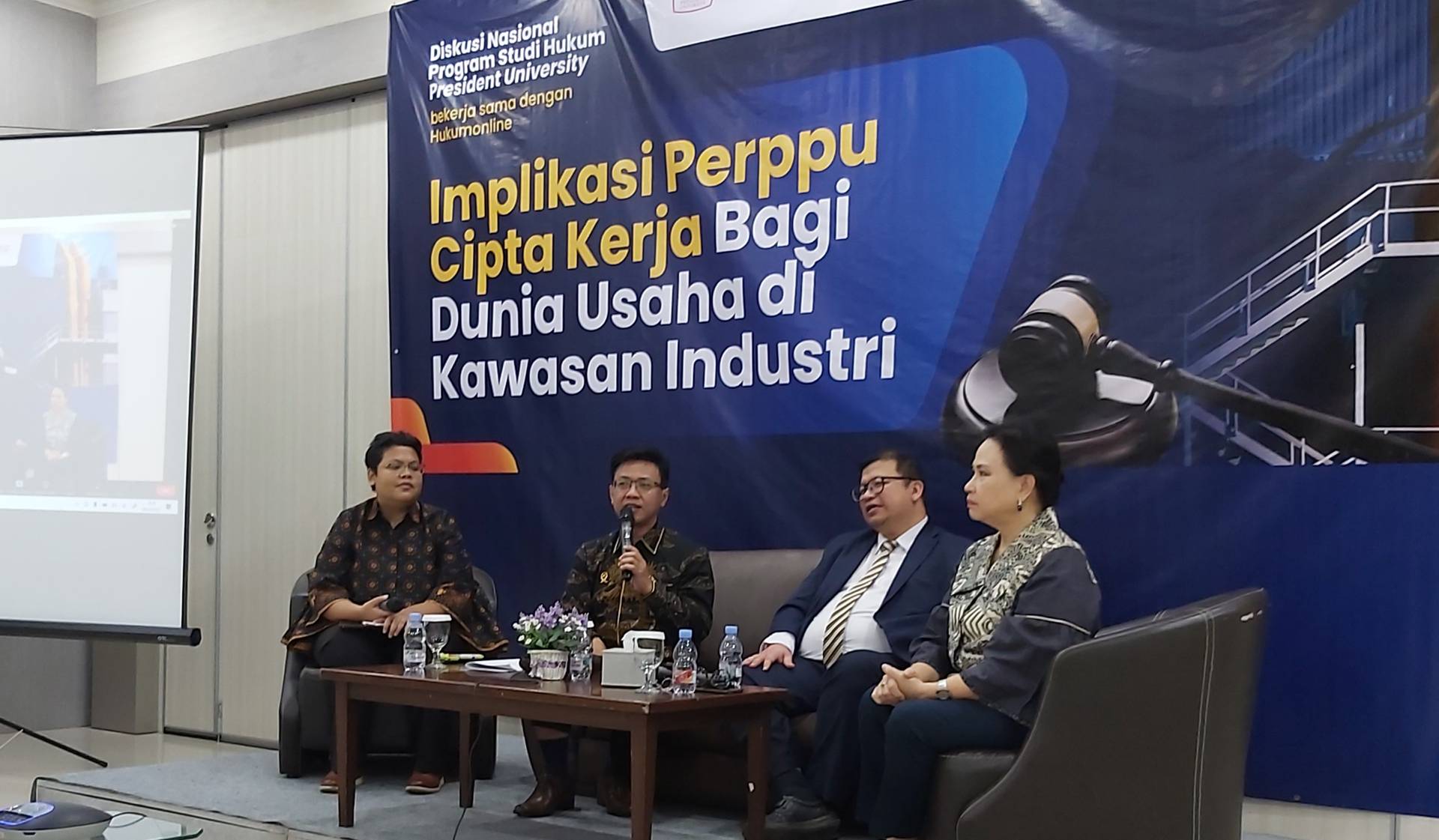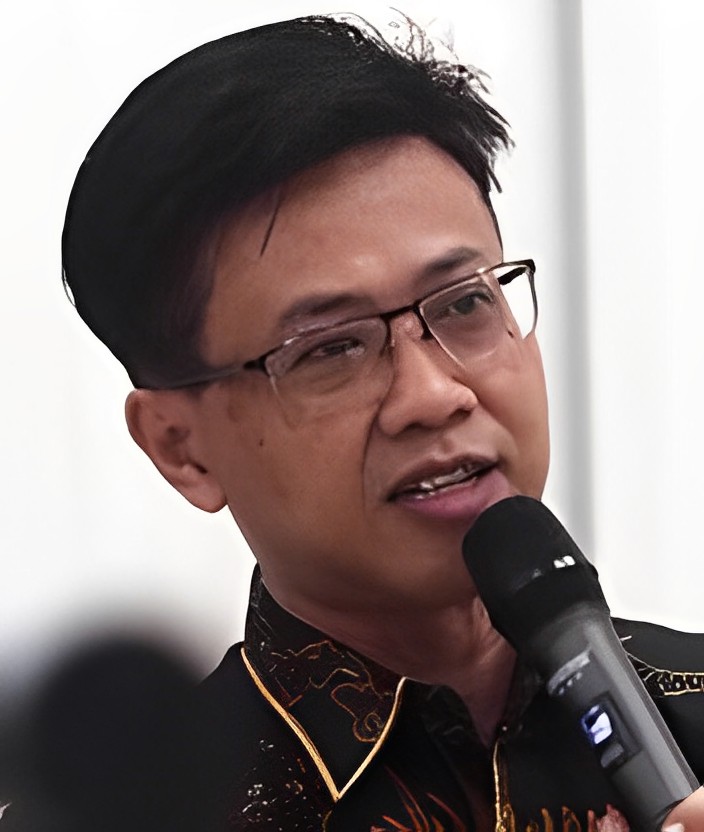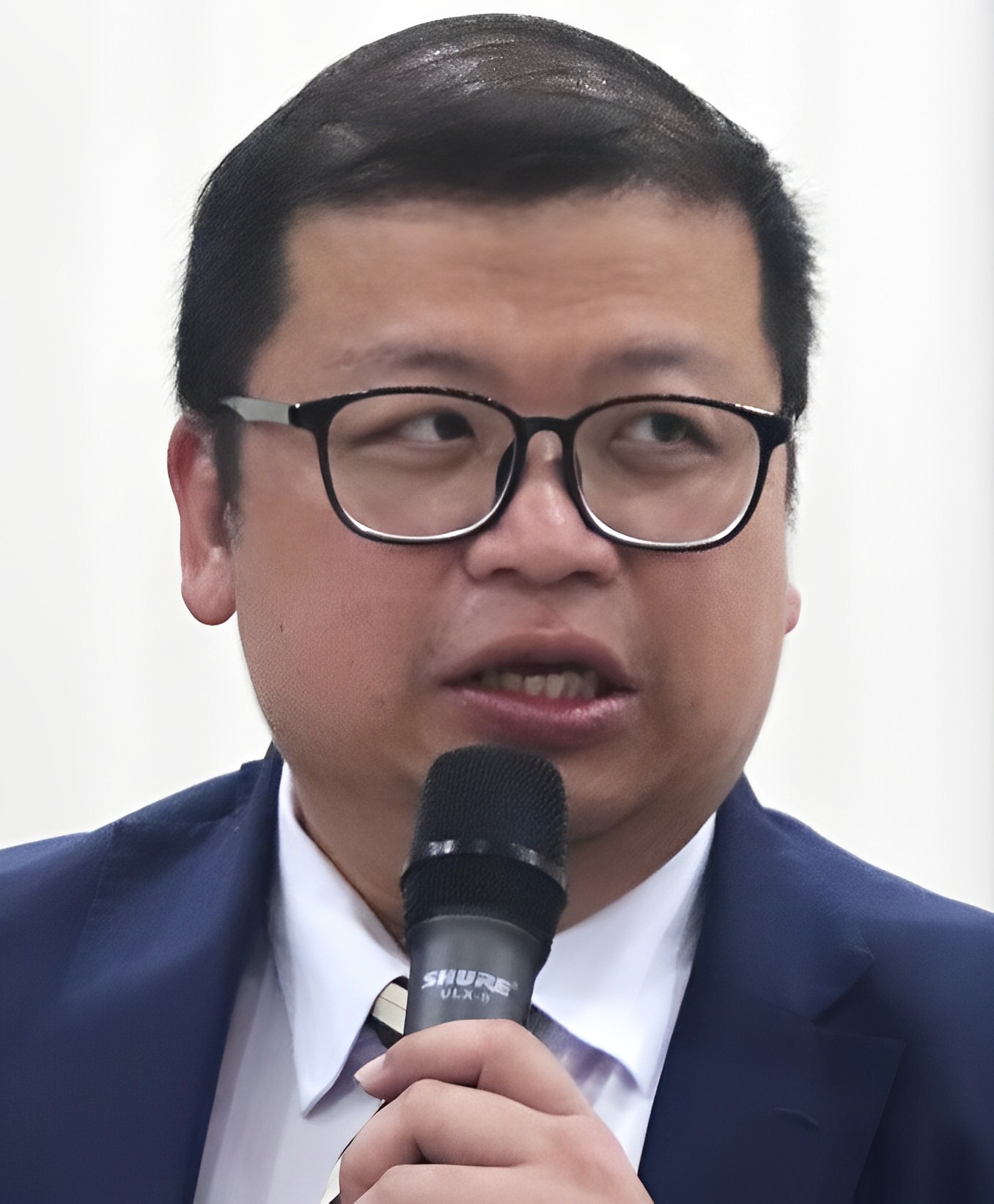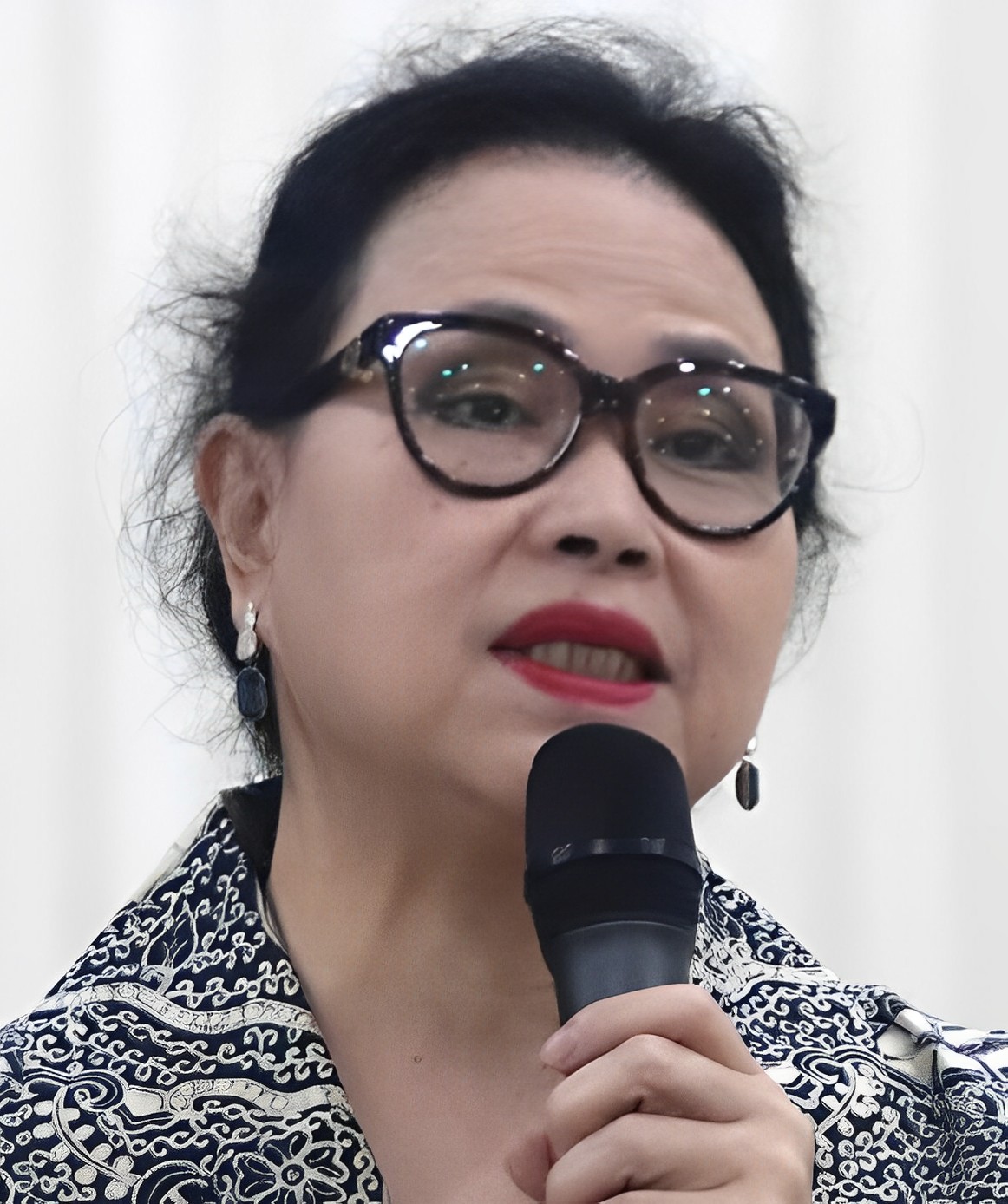


Law No. 11 of 2020 concerning Job Creation sparked many controversies. The Constitutional Court called the law "conditional constitutional". For this reason, the Constitutional Court asked the government to make improvements within two years from the date the decision on the application for judicial review was made on November 25, 2021.
Instead of making improvements, President Joko Widodo issued Government Regulation in Lieu of Law (Perppu) No. 2 of 2022 concerning Job Creation. So, it's not surprising that the release of the Perppu sparked a lot of debate concerning the pros and cons.
Some parties welcomed the Perppu as a solution to overcoming employment problems, including the potential threat of an economic crisis that is expected to hit the world during 2023. Meanwhile, some parties feel that the Perppu still has several weaknesses and has the potential to harm workers' rights.
So, what exactly are the implications of the Job Creation Perppu for the business world in industrial areas? What provisions have changed between the Job Creation Law and the Job Creation Perppu?
This material was discussed in the National Discussion held by the Law Study Program, President University (Presuniv), in collaboration with Hukumonline. The discussion on the topic of the Implications of the Perppu Job Creation for the Business World in Industrial Areas. The event was held in the hybrid format on Thursday, February 9, 2023. More than one hundred participants attended offline at the second floor of the President University Convention Center (PUCC) building, Jababeka industrial area, Cikarang, Bekasi. Hundreds of others attend virtually via the Zoom application.
The event featured three speakers, namely Dr. Sugeng Santoso PN, SH, MM, MH, who is an Ad Hoc Judge at the Industrial Relations Court at the Supreme Court, Robin Riduan SH., M.Kn., Legal and Land Management Manager Jababeka Residence, and Director of Law Presuniv, Dr. Dra. Fennieka Kristianto, SH, MH, MA, M.Kn. The discussion was hosted by Christina Desy, Vice President of Premium Content Hukumonline.
Perppu Controversy
When opening the discussion, Bayu Imantoro, Head of the Law Study Program at Presuniv, said, "This Perppu has indeed sparked controversy and spawned many opinon about the pros and cons. Some believe that the Perppu creates legal certainty, while others view the opposite that the Perppu creates legal uncertainty.” This discussion, “is expected to help the world community to better understand the Perppu.”


Bayu Imantoro and Sugeng Santoso.
Source: Doc. PR and Hukumonline.
In his presentation, Ad Hoc Judge Sugeng Santoso revealed that there are still many problems related to industrial relations in Indonesia. And, these problems increased during the Covid-19 pandemic. This is reflected in the many cases in industrial relations at the Supreme Court. Sugeng said the Supreme Court had handled 800 cases up to May 2022. "In one year, we can make 1,200 decisions on industrial relations cases," he said.
Industrial Relations Court (PHI) does dominate the number of cases in the Supreme Court. PHI has so far made 18,335 final decisions which, stated Sugeng, often do not always satisfy the litigants.
The birth of the Job Creation Perppu has the potential to trigger the emergence of some new problems. Even so, Sugeng Santoso is optimistic that for every problem that arises due to the presence of the Job Creation Perppu we will have a solution. “The Perppu is equivalent to Law. So, no need to debate anymore. Like it or not, the Perppu already exists and is in force," he said.
Sugeng also highlighted the issue of the controversies and the urgent requirements which were the prerequisite for the birth of the Perppu. According to him, the issuance of a Perppu is the authority of the President. "So, even though there are millions of workers in Indonesia who hold demonstrations to reject it, the Perppu will still apply," said Sugeng. Moreover, the President issued the Perppu by considering the potential for a global economic crisis during 2023 which could impact Indonesia.
For business people in the Jababeka industrial area, the birth of the Perppu has an effect. Robin Riduan explained, "Jababeka is the largest industrial area in Southeast Asia which is the domicile for more than 2,000 national and multinational companies. Of course, all of these companies must be prepared for all the consequences as a result of the presence of the Job Creation Perppu."
Two Issues
Robin explained that there are at least seven reasons for the issuance of Perppu No. 2 of 2022. "However, of the seven reasons, most of them are due to economic reasons and worker welfare," said Robin.
According to him, there were at least two issues in the Perppu that have sparked controversy. The first issue, contract workers can be contracted indefinitely. Second, the issue of severance pay and long service pay is reportedly no longer in the Perppu.
These two issues, continued Robin, were not entirely true. For example, he mentioned the Perjanjian Kerja Waktu Tertentu (PKWT)or non-permanent contract employees. "The implementation of PKWT still has time. Indeed, the Perppu does not regulate the timeframe, but it is further regulated in the Government Regulation (PP)," he explained.
Robin also explained two types of PKWT or contract workers. First, PKWT with a certain period. "This has been regulated, namely the maximum time limit is five years," said Robin. Second, the PKWT is determined based on the completion of an agreement. "For this type of PKWT, the agreement is determined by two parties, namely the contract worker and the employer," he added.


Robin Riduan and Fennieka Kristianto
Source: Doc. Hukumonline.
Regarding the second issue, namely regarding the abolition of severance pay and gratuity payments which were abolished in the Perppu, Robin also denied this. “The regulation remains in the Perppu. Severance pay and gratuity pay are still given. The amount is adjusted to the reason why an employee was laid off. It is regulated in PP No. 35 in 2021," he said. So, concludes Robin, if there is controversy, it is more due to ignorance.
PKWT Issues
In line with Robin, Fennieka Kristianto also assessed that there were no significant changes between the Job Creation Law and the Job Creation Perppu. According to Fennieka, even though the Job Creation Law is no longer valid, according to the Closing provisions contained in the Perppu, the Government Regulation (PP) of Law No. 11 of 2020 is still valid as long as it does not conflict with the Perpu. Government Regulation that remains in force is PP No. 34 of 2021 concerning the Use of Foreign Workers, PP No. 35 of 2021 concerning PKWT, Outsourcing, Working Time and Rest Time, and Layoffs; and PP No. 36 concerning Remuneration.
Fennieka also emphasized that Perppu No. 2 of 2022 also does not revoke and cancel Law no. 13 of 2003 concerning Manpower, but revised several articles in it. "So, the articles in the Manpower Law that have not been changed or deleted are still valid," said Fennieka.
For human resource (HR) practitioners, suggested Fennieka, there are several issues in the Job Creation Perppu that they need to know about. For example, issues related to PKWT. "HR managers need to know about the PKWT provisions, the time, compensation to the rules regarding work and rest time," said Fennieka.
Fennieka continued, " PKWT employees who are entitled to compensation money are those who have worked for at least one month continuously, and are not foreign workers who are employed by PKWT."
Fennieka also touched on the issue of the probation period. She said firmly, "There is no probation for PKWT employees. If there is a work contract that requires a probation period, then that is null and void and the probation period is counted as the contract work period.” Other issues discussed by Fennieka are overtime, minimum wages, layoffs, and severance pay. (Keren Gracelie, PR team. Photo: Doc. PR and Hukumonline.)